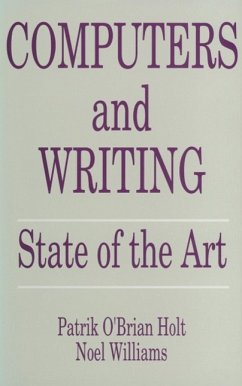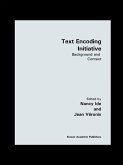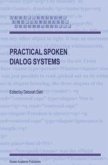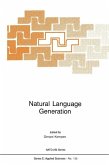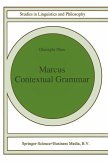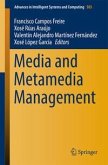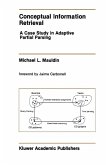Patrik O'Brian Holt Heriot-Watt University After speech, writing is the most common form of human communication and represents the cornerstone of our ability to preserve and record information. Writing, by its very definition, requires artifacts in the form of tools to write with and a medium to write on. Through history these artifacts have ranged from sticks and clay tablets, feather and leather, crude pens and paper, sophisticated pens and paper, typewriters and paper; and electronic devices with or without paper. The development of writing tools has straightforward objectives, to make writing easier and more effective and assist in distributing written communication fast and efficiently. Both the crudest and most sophisticated forms of writing tools act as mediators of human written communication for the purpose of producing, distributing and conserving written language. In the modern world the computer is arguably the most sophisticated form of mediation, the implications of which are not yet fully understood. The use of computers (a writing artifact which mediates communication) for the production and editing of text is almost as old as computers themselves. Early computers involved the use of crude text editors and a writer had to insert commands resembling a programming language to format and print a document. For example to underline a word the writer had to do the following, This is an example of how to .ul underline a single word. in order to produce: This is an example of how to underline a single word.
Dieser Download kann aus rechtlichen Gründen nur mit Rechnungsadresse in A, B, BG, CY, CZ, D, DK, EW, E, FIN, F, GR, HR, H, IRL, I, LT, L, LR, M, NL, PL, P, R, S, SLO, SK ausgeliefert werden.

